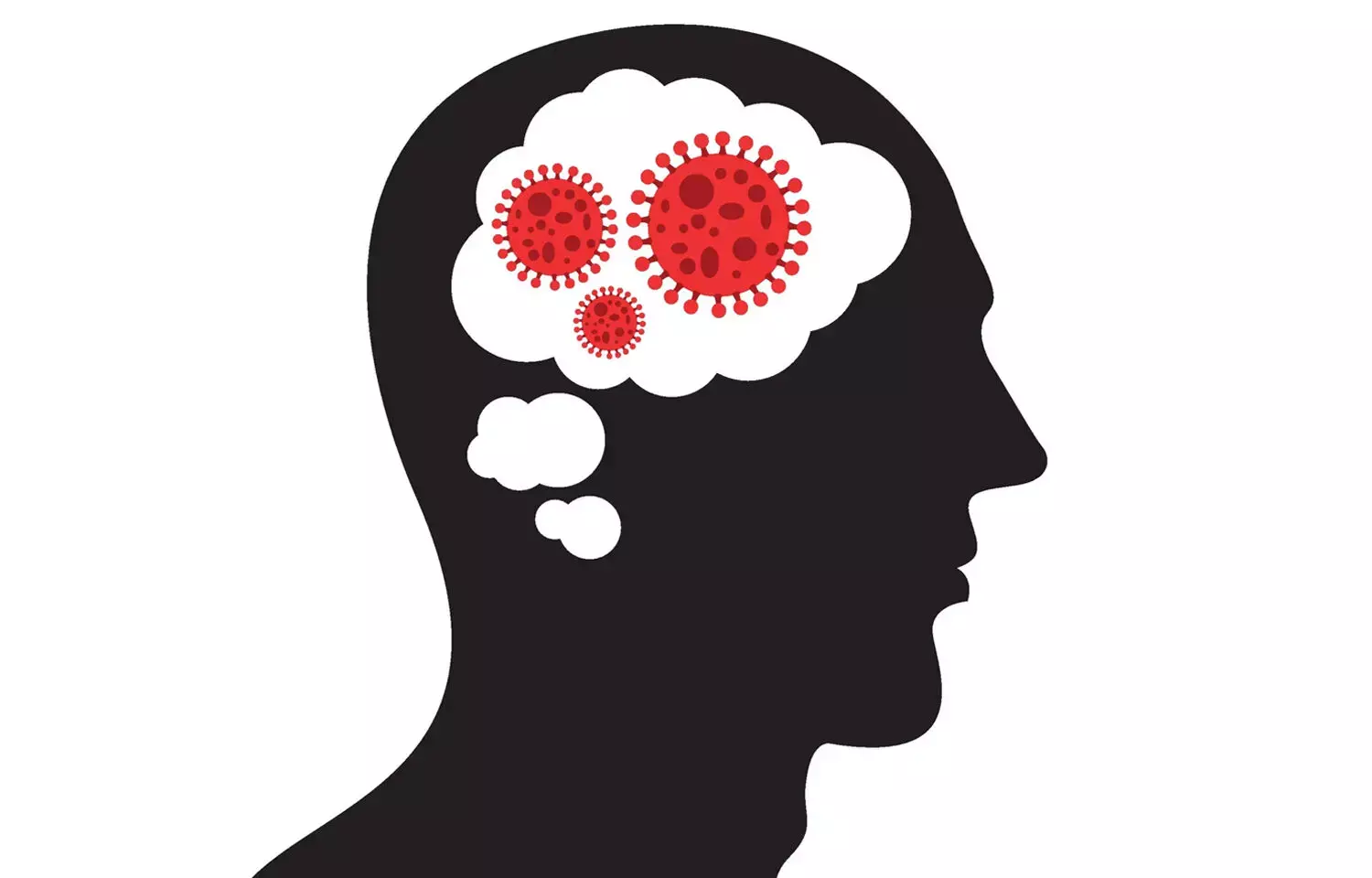- Home
- Medical news & Guidelines
- Anesthesiology
- Cardiology and CTVS
- Critical Care
- Dentistry
- Dermatology
- Diabetes and Endocrinology
- ENT
- Gastroenterology
- Medicine
- Nephrology
- Neurology
- Obstretics-Gynaecology
- Oncology
- Ophthalmology
- Orthopaedics
- Pediatrics-Neonatology
- Psychiatry
- Pulmonology
- Radiology
- Surgery
- Urology
- Laboratory Medicine
- Diet
- Nursing
- Paramedical
- Physiotherapy
- Health news
- Fact Check
- Bone Health Fact Check
- Brain Health Fact Check
- Cancer Related Fact Check
- Child Care Fact Check
- Dental and oral health fact check
- Diabetes and metabolic health fact check
- Diet and Nutrition Fact Check
- Eye and ENT Care Fact Check
- Fitness fact check
- Gut health fact check
- Heart health fact check
- Kidney health fact check
- Medical education fact check
- Men's health fact check
- Respiratory fact check
- Skin and hair care fact check
- Vaccine and Immunization fact check
- Women's health fact check
- AYUSH
- State News
- Andaman and Nicobar Islands
- Andhra Pradesh
- Arunachal Pradesh
- Assam
- Bihar
- Chandigarh
- Chattisgarh
- Dadra and Nagar Haveli
- Daman and Diu
- Delhi
- Goa
- Gujarat
- Haryana
- Himachal Pradesh
- Jammu & Kashmir
- Jharkhand
- Karnataka
- Kerala
- Ladakh
- Lakshadweep
- Madhya Pradesh
- Maharashtra
- Manipur
- Meghalaya
- Mizoram
- Nagaland
- Odisha
- Puducherry
- Punjab
- Rajasthan
- Sikkim
- Tamil Nadu
- Telangana
- Tripura
- Uttar Pradesh
- Uttrakhand
- West Bengal
- Medical Education
- Industry
Researchers report memory problems in patients with mild COVID-19: JAMA

Norway: A recent study examined self-reported memory problems 8 months following the COVID-19 infection in a large group of patients who were not hospitalized and had relatively mild disease.
After 8 months, the prevalence of memory problems in those with positive SARS-CoV-2 test was higher than in the control group with a negative test or in the untested control population, the researchers report in JAMA Network Open. Self-reported memory problems are also a risk factor for later mild cognitive impairment or dementia.
COVID-19 is an airway disease that is also known to affect the nervous system. Therefore, neurocognitive and neurological symptoms may be a part of the postacute sequelae of SARS-CoV-2 infection (PASC) syndrome. PASC may affect a high number of people with mild cases of COVID-19. Considering this there is an urgent need for a detailed description of PASC in nonhospitalized patients.
To examine self-reported memory problems 8 months after COVID-19 infection, Arne Søraas, Department of Microbiology, Oslo University Hospital, Oslo, Norway, and colleagues conducted a cohort study of 13 001 adults who were invited after (1) having their clinical specimen analyzed for SARS-CoV-2 at 4 large accredited laboratories in Norway or (2) being randomly selected from the Norwegian population (untested).
All adults who were tested for COVID between February 1 and April 15, 2020, were invited. Nearly all testing in Norway during that time was on symptomatic patients and free of charge.
The researchers collected data on demographics, underlying medical conditions, symptoms, health-related quality of life from the RAND 36-Item Health Survey, memory problems, and known confounders for memory problems.
The main outcome was self-reported memory problems 8 months after infection, and the exposure was SARS-CoV-2 status (ie, positive, negative, or untested).
After exclusions, 13 001 participants completed the baseline questionnaire and were followed up for 8 months.
Key findings of the study include:
- At follow-up, a mean of 257 days after baseline, 75%) responded, and 11% in the SARS-CoV-2–positive group reported memory problems.
- 4% in the SARS-CoV-2–negative group or 2% in the untested randomly selected reported memory problems.
- In the multiple logistic regression model, SARS-CoV-2 positivity at baseline was strongly associated with reporting memory problems at 8 months follow-up (odds ratio [OR], 4.66) compared to the untested randomly selected group.
- At follow-up, 41% in the SARS-CoV-2–positive group reported a significant worsening of health compared with 1 year prior, and 12% in the SARS-CoV-2–positive group also reported problems concentrating.
- 82% in the SARS-CoV-2–positive group who reported memory problems also reported a worsening of health.
- Feeling depressed, having less energy, or pain were reported relatively equally by the different groups.
"A more detailed examination of what type of memory problems are specific for PASC, like working memory vs long-term memory, is warranted in future studies," concluded the authors.
Reference:
The study titled, "Self-reported Memory Problems 8 Months After COVID-19 Infection," is published in JAMA Network Open.
DOI: https://jamanetwork.com/journals/jamanetworkopen/fullarticle/2782531
Dr Kamal Kant Kohli-MBBS, DTCD- a chest specialist with more than 30 years of practice and a flair for writing clinical articles, Dr Kamal Kant Kohli joined Medical Dialogues as a Chief Editor of Medical News. Besides writing articles, as an editor, he proofreads and verifies all the medical content published on Medical Dialogues including those coming from journals, studies,medical conferences,guidelines etc. Email: drkohli@medicaldialogues.in. Contact no. 011-43720751


